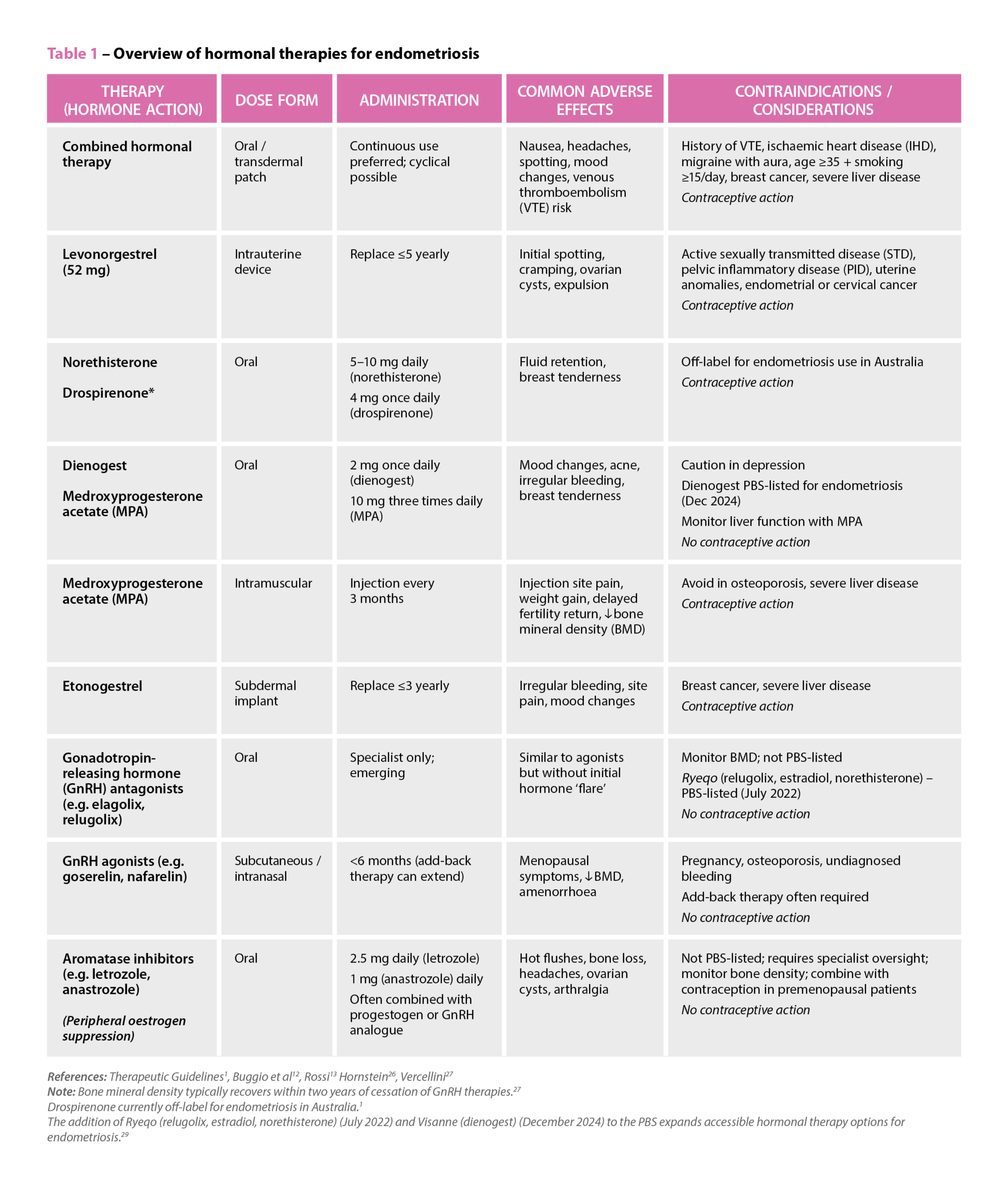Case scenario
Naama, a 53-year-old female, presents at the pharmacy with some new prescriptions which include a blood pressure (BP) medicine and nicotine patches. She is ready to start her quit smoking journey but is unsure about lowering her blood pressure if it means taking pills. She recalls the doctor performing a heart health check and showing her a website which illustrated her risk of having a heart attack in the next 5 years, which she is very concerned about. She has a follow-up appointment with her GP in 3 months.
Other information you gather: Systolic BP 150, total cholesterol 3.9 mmol/L, high-density lipoprotein (HDL) 1.1 mmol/L, postcode 5670, Sri Lankan heritage. She is not on any medicines currently.
After reading this article, pharmacists should be able to:
Competency standards (2016) addressed: 1.1, 1.4, 1.5, 2.2, 3.1, 3.5 Accreditation number: CAP2504DMLK Accreditation expiry: 31/03/2028 |
Already read the CPD in the journal? Scroll to the bottom to SUBMIT ANSWERS.
Introduction
A person’s risk of developing cardiovascular disease (CVD) depends on the combined effect of multiple risk factors. Risk assessment remains fundamental to the primary prevention of CVD.
Several risk factors contribute to an individual’s chances of developing CVD. These include1:
THIS IS A CPD ARTICLE. YOU NEED TO BE A PSA MEMBER AND LOGGED IN TO READ MORE.



 References: Therapeutic Guidelines
References: Therapeutic Guidelines

 Genevieve Adamo MPS (Image: Steve Christo Photography)[/caption]
Genevieve Adamo MPS (Image: Steve Christo Photography)[/caption]









